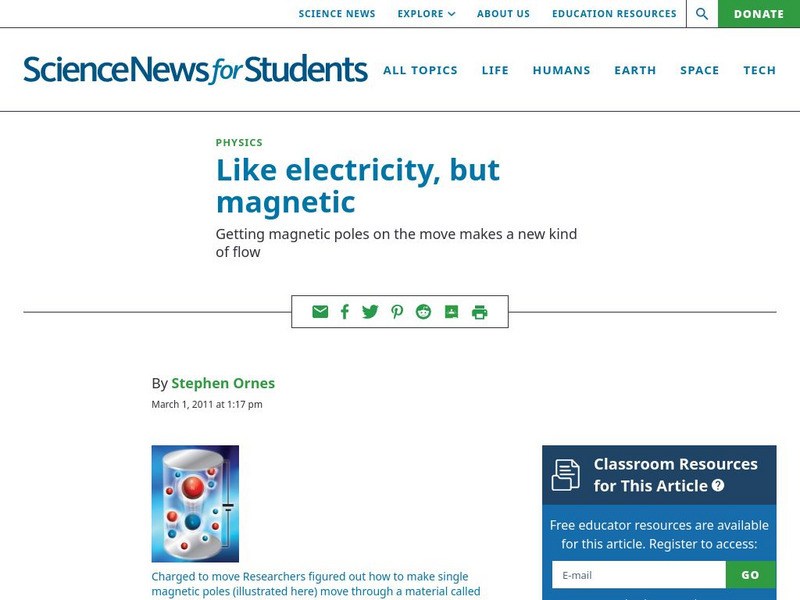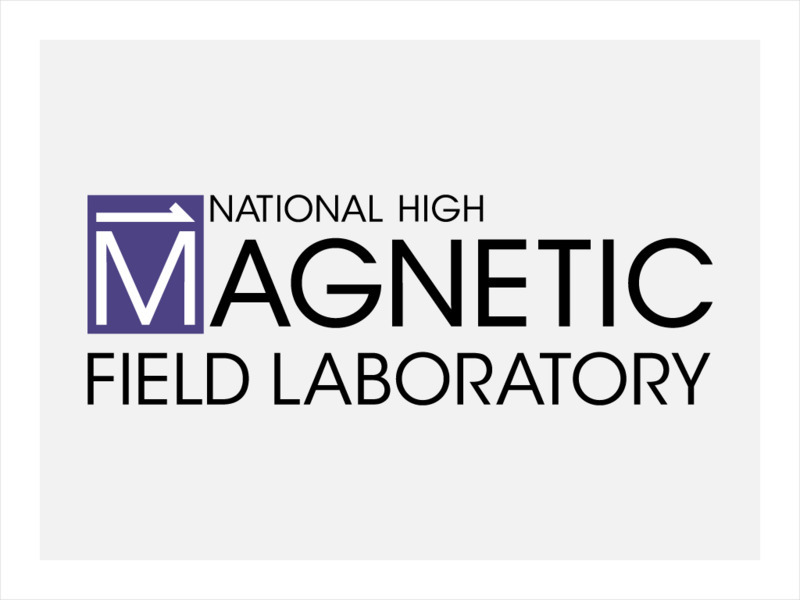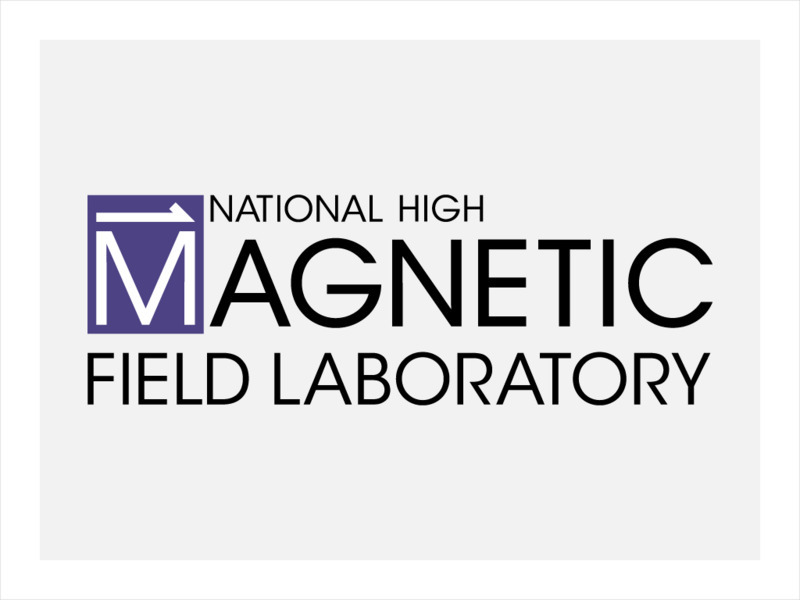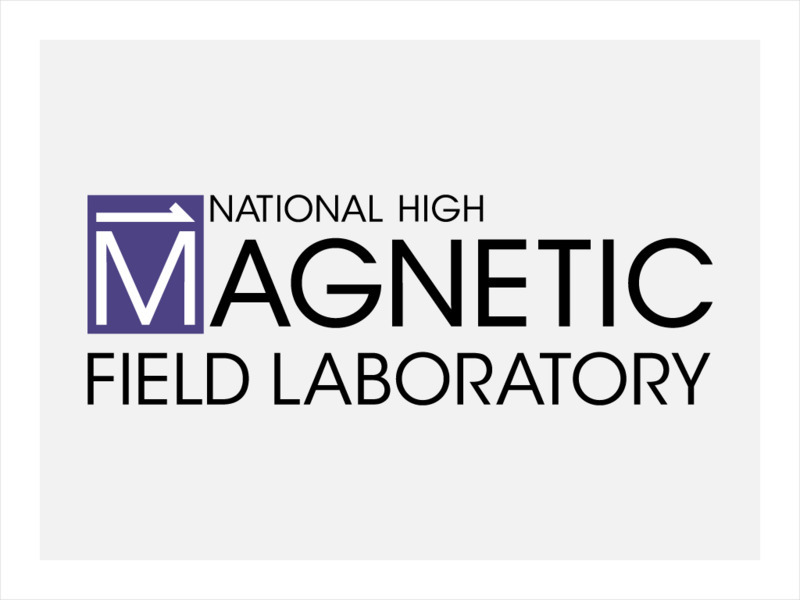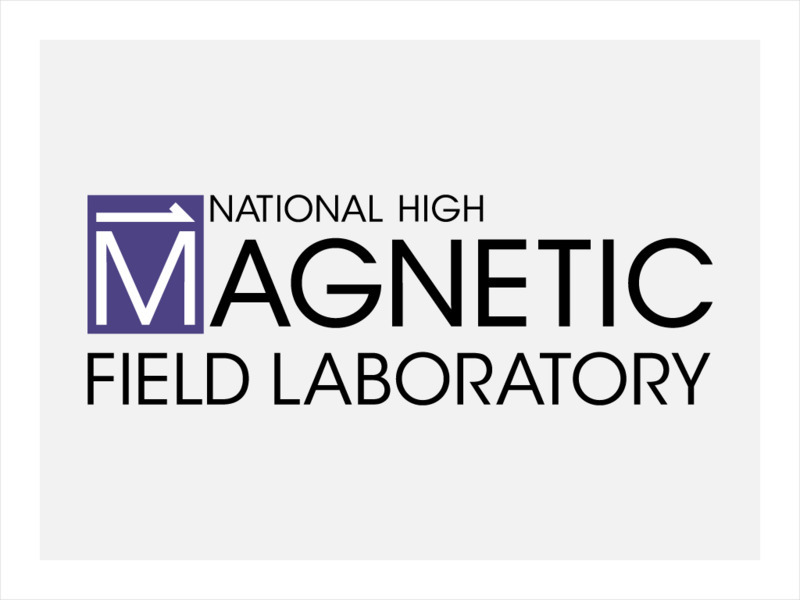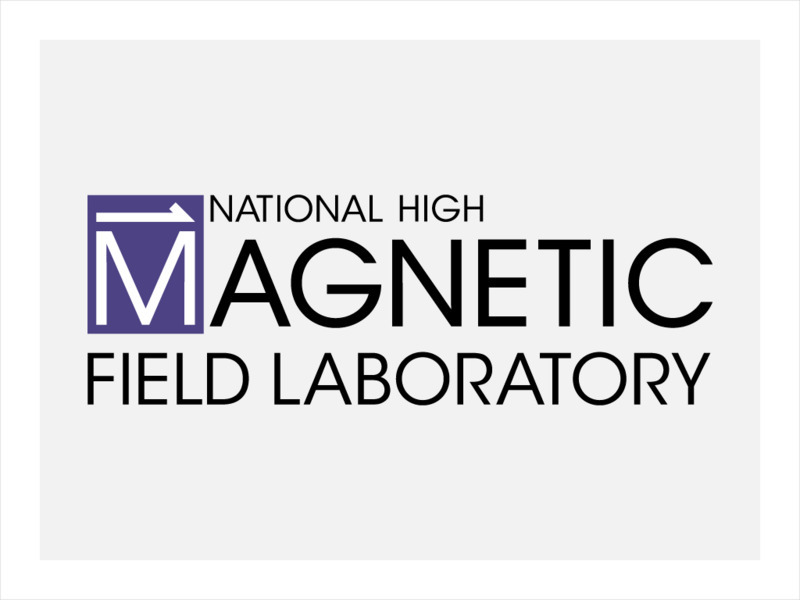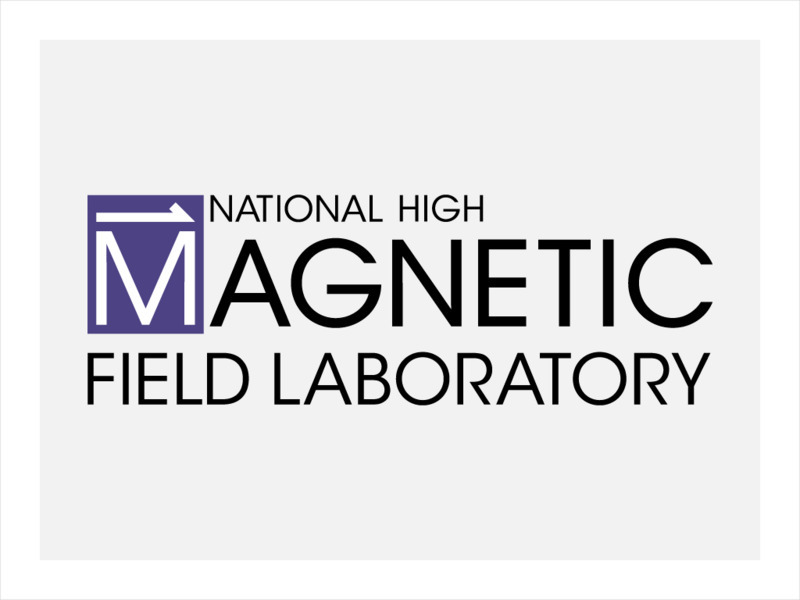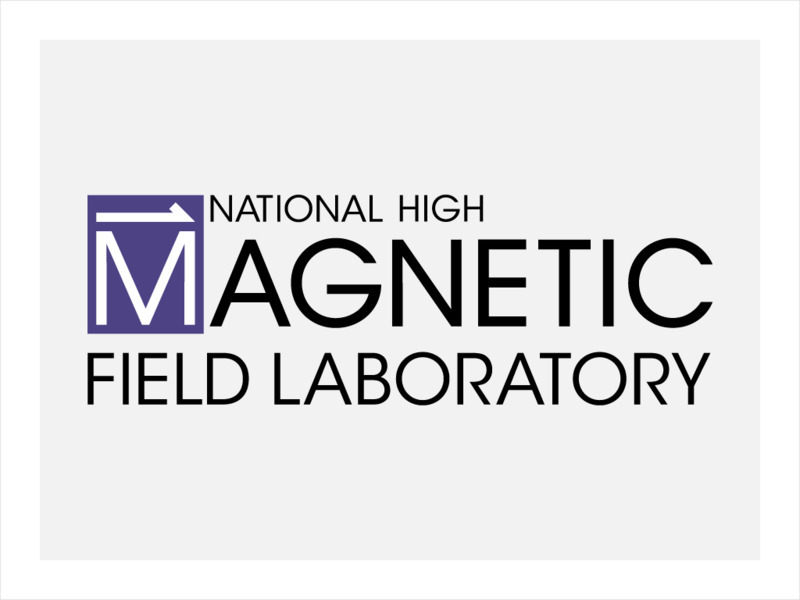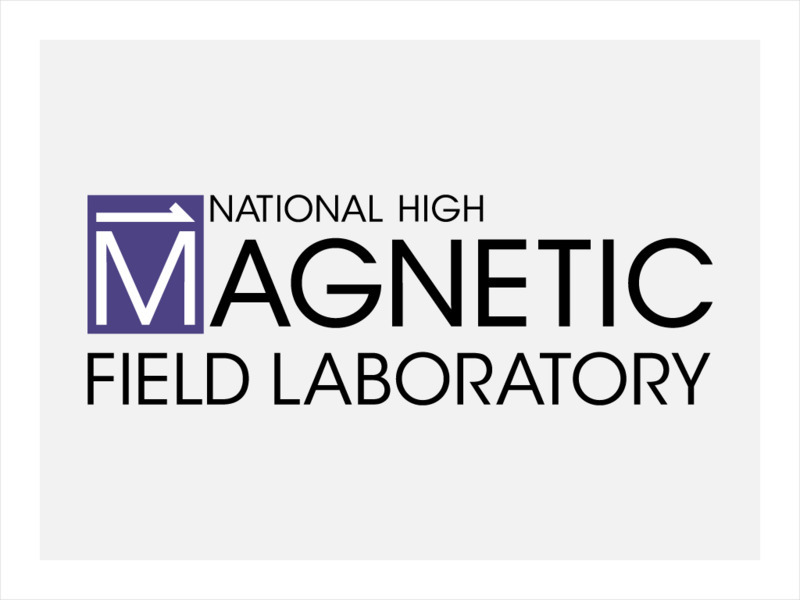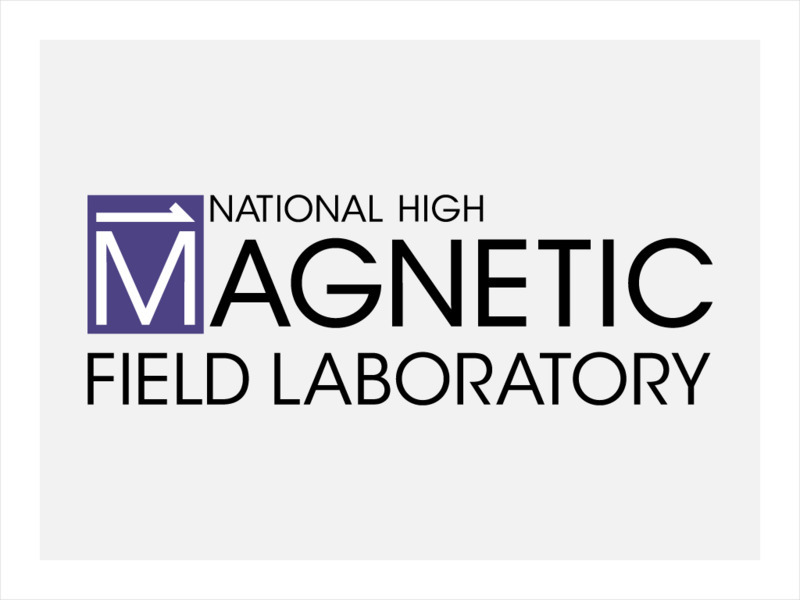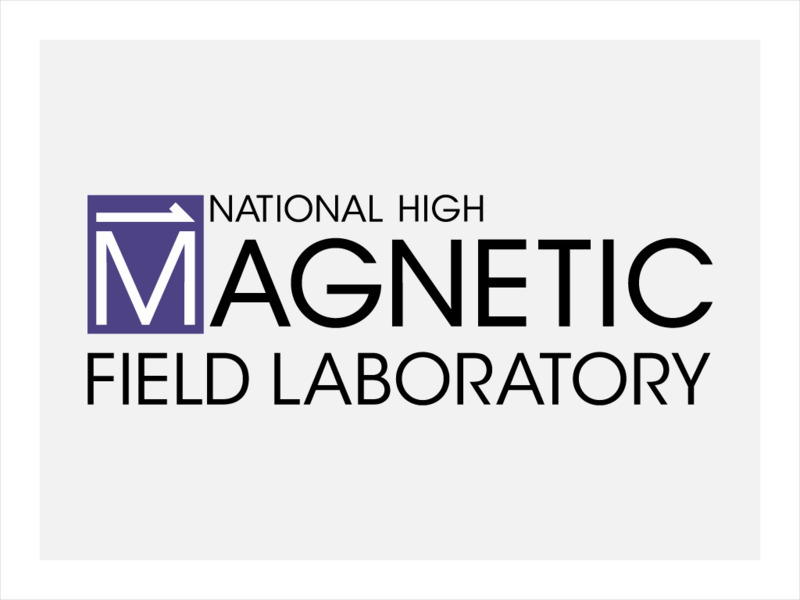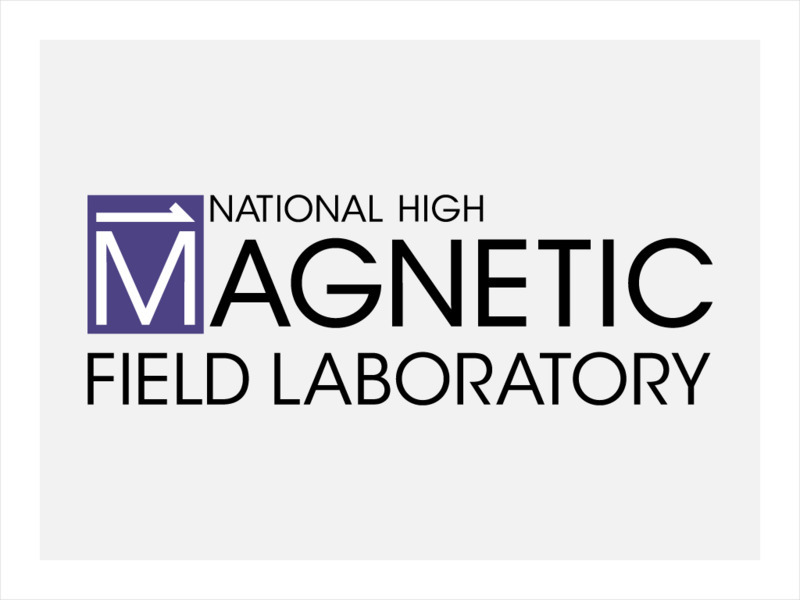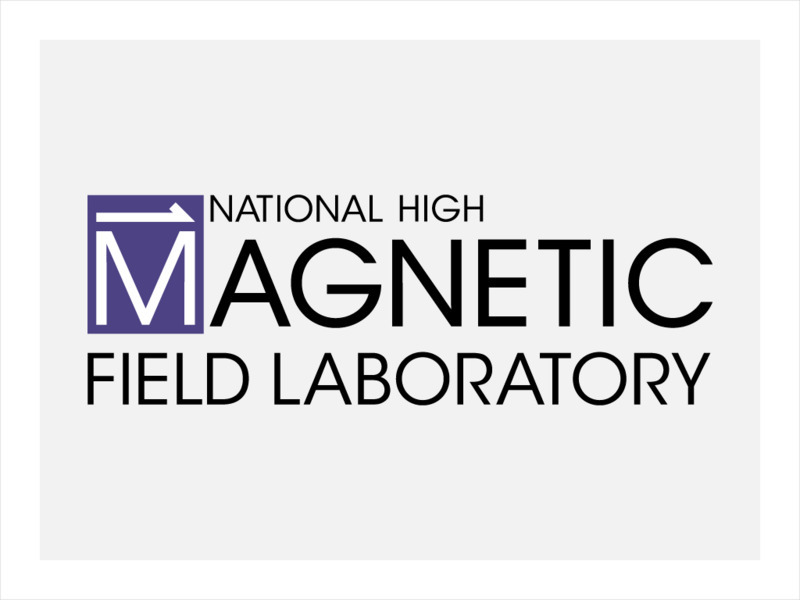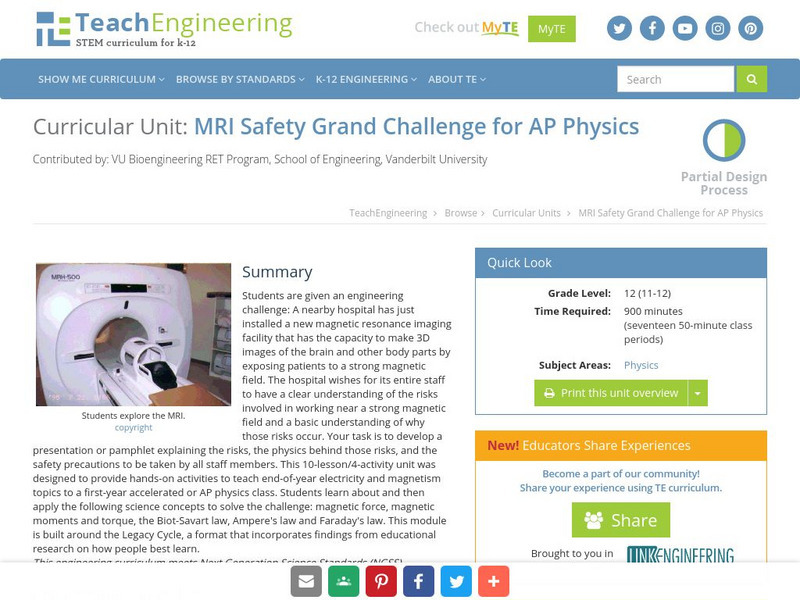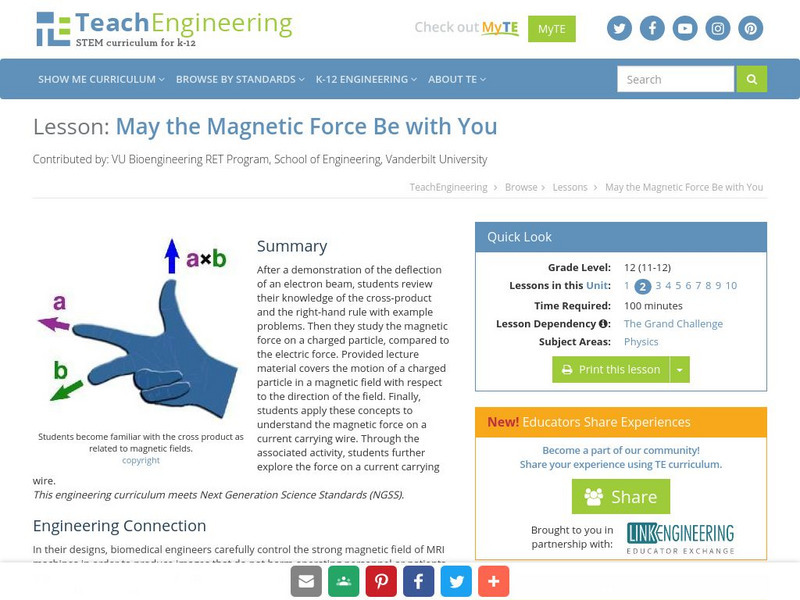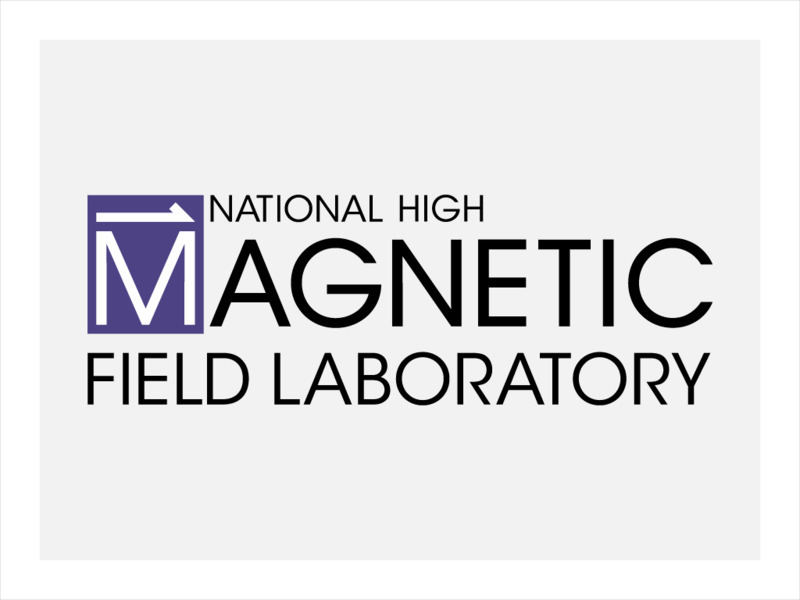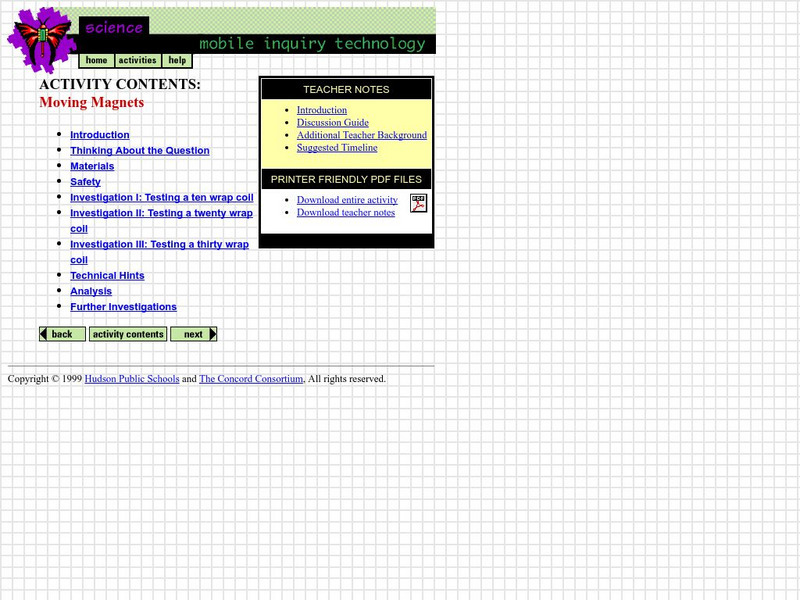Hi, what do you want to do?
National High Magnetic Field Laboratory
Magnet Academy: Heinrich Friedrich Emil Lenz
At the turn of the 19th century, scientists were beginning to gain a rudimentary understanding of electricity and magnetism, but they knew almost nothing about the relationship between the two. Baltic German physicist Heinrich Lenz took...
Society for Science and the Public
Science News for Students: Like Electricity, but Magnetic
Describes research using magnetic monopoles that could one day lead to devices powered by magnetism or magnetricity, the name scientists have given this type of energy.
National High Magnetic Field Laboratory
Magnet Academy: Gold Leaf Electroscope 1787
For centuries, the electroscope was one of the most popular instruments used by scientists to study electricity. Abraham Bennet first described this version in 1787.
National High Magnetic Field Laboratory
Magnet Academy: Electrocardiograph 1903
If TV medical dramas have taught us anything, it's how to recognize the heart's characteristic peaks and valleys crawling across monitors in emergency rooms. These images represent the electrical activity of the beating heart as recorded...
National High Magnetic Field Laboratory
Magnet Academy: Voltaic Pile 1800
For thousands of years, electricity was an ephemeral phenomenon- there one second and gone the next. The voltaic pile changed that forever.
National High Magnetic Field Laboratory
Magnet Academy: Humphry Davy
Humphry Davy was a pioneer in the field of electrochemistry who used electrolysis to isolate many elements from the compounds in which they occur naturally. Electrolysis is the process by which an electrolyte is altered or decomposed via...
National High Magnetic Field Laboratory
Magnet Academy: Joseph Henry
Joseph Henry was an American scientist who pioneered the construction of strong, practical electromagnets and built one of the first electromagnetic motors. During his experiments with electromagnetism, Henry discovered the property of...
National High Magnetic Field Laboratory
Magnet Academy: Georg Ohm
Georg Simon Ohm had humble roots and struggled financially throughout most of his life, but the German physicist is well known today for his formulation of a law, termed Ohm's law, describing the mathematical relationship between...
National High Magnetic Field Laboratory
Magnet Academy: Edward Purcell
Edward Mills Purcell was an American physicist who received half of the 1952 Nobel Prize for Physics for his development of a new method of ascertaining the magnetic properties of atomic nuclei. Known as nuclear magnetic resonance...
National High Magnetic Field Laboratory
Magnet Academy: Magnetic Core Memory 1949
At the dawn of the computer age, magnetic core memory helped make data storage possible, and showed surprising staying power in a field where components are constantly being replaced by new and improved products.
National High Magnetic Field Laboratory
Magnet Academy: Isidor Isaac Rabi
Isidor Isaac Rabi won the Nobel Prize in Physics in 1944 for his development of a technique for measuring the magnetic characteristics of atomic nuclei. Rabi's technique was based on the resonance principle first described by Irish...
National High Magnetic Field Laboratory
Magnet Academy: Maglev Trains 1984
The railroad industry began in the frontier days, magnetic levitation has moved it squarely into the space age.
National High Magnetic Field Laboratory
Magnet Academy: Anders Celsius
Anders Celsius is most familiar as the inventor of the temperature scale that bears his name. The Swedish astronomer, however, also is notable as the first person to make a connection between the radiant atmospheric phenomenon known as...
National High Magnetic Field Laboratory
Magnet Academy: Oersted Satellite, 1999
Named in honor of Danish physicist Hans Christian Oersted, Denmark's first satellite has been observing and mapping the magnetic field of the Earth.
National High Magnetic Field Laboratory
Magnet Academy: Walther Meissner
Walther Meissner discovered while working with Robert Ochsenfeld that superconductors expel relatively weak magnetic fields from their interior and are strongly diamagnetic. This phenomenon, commonly known as the Meissner effect or the...
National High Magnetic Field Laboratory
Magnet Academy: John Ambrose Fleming
John Ambrose Fleming was an electronics pioneer who invented the oscillation valve, or vacuum tube, a device that would help make radios, televisions, telephones and even early electronic computers possible. A brilliant innovator,...
TeachEngineering
Teach Engineering: Mri Safety Grand Challenge
This module was written for a first year accelerated or AP physics class. It is intended to provide hands on activities to teach end of the year electricity and magnetism topics including the magnetic force, magnetic moments and torque,...
TeachEngineering
Teach Engineering: May the Magnetic Force Be With You
This lesson plan begins with a demonstration of the deflection of an electron beam. Learners then review their knowledge of the cross product and the right hand rule with sample problems. After which, students study the magnetic force on...
National Institutes of Health
Niehs: Kids' Pages: What Are Electric and Magnetic Fields?
Informational fact sheet on electricity with emphasis on electric and magnetic fields.
Physics4kids
Physics 4 Kids: Electricity and Magnetism Quiz
Take this 10 question multiple choice quiz on electricity and magnetism.
National High Magnetic Field Laboratory
Magnet Academy: Faraday Motor 1821
Few inventions have shaped technology as much as the electric motor, but the very first version - the Faraday motor - didn't look anything like the modern motor.
National High Magnetic Field Laboratory
Magnet Academy: Davenport Motor 1834
Odd though it seems today, when Thomas Davenport was selling one of the first electric motors way back in the 1830s, nobody was buying.
Florida State University
Florida State University: Magnet Lab: Timeline of Electricity and Magnetism: 1750 1774
With his famous kite experiment and other forays into science, Benjamin Franklin advances knowledge of electricity, inspiring his English friend Joseph Priestley to do the same.
Concord Consortium
Mobile Inquiry Technology: Moving Magnets
This investigation has students examining how electric and magnetic charges are related. They will look at how an electric current is affected by the proximity of a magnet.






